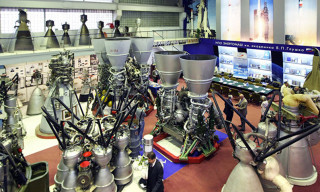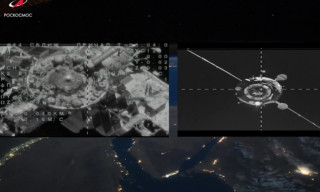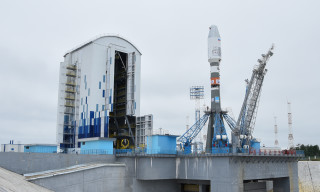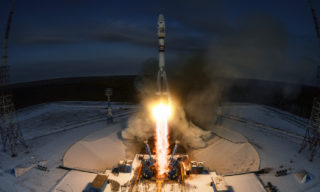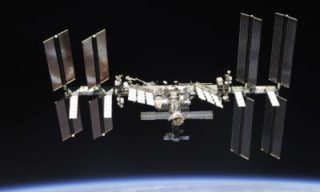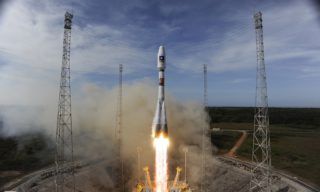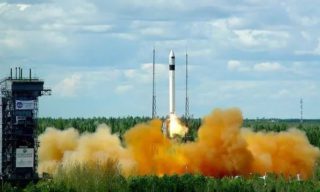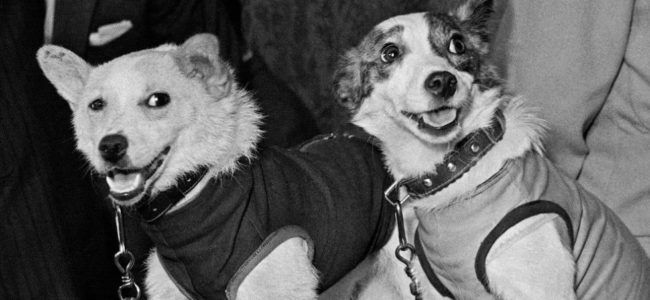
On July 27 a schedule for the creation of a single integrated engine building structure on the base of NPO “Energomash” has been agreed upon…
The “Soyuz MS-14” spacecraft on August 27, 2019 at 06:08 (Moscow time) successfully docked to the “Zvezda” module of the Russian segment of the International…
This morning, on July 2, 2019, the “Soyuz-2.1b” launch vehicle was rolled out from the technical to the launch complex of the Vostochny cosmodrome and…
On Monday, March 16, 2020 the “Soyuz-2.1b” launch vehicle with the Glonass-M navigation spacecraft was launched from the launch pad №4 of the Plesetsk cosmodrome…
One more ISS crew successfully completed training on survival in marshy and forested area. For three days Roscosmos cosmonaut Sergey Ryazansky, NASA astronaut Randolph Bresnik…
The Roscosmos State Corporation has now confirmed the prime, backup and reserve crews of the Soyuz MS-17 spacecraft. The launch of the Soyuz-2.1a carrier rocket…
Additional agreement for delivery of Soyuz-ST boosters to be launched form Kourou spaceport in French Guiana was signed, sourсe in space industry reported. The contact…
Khrunichev Centre is going to resume the production of Rokot light conversion boosters on the basis of RS-18B ballistic missiles currently being removed from combat…




